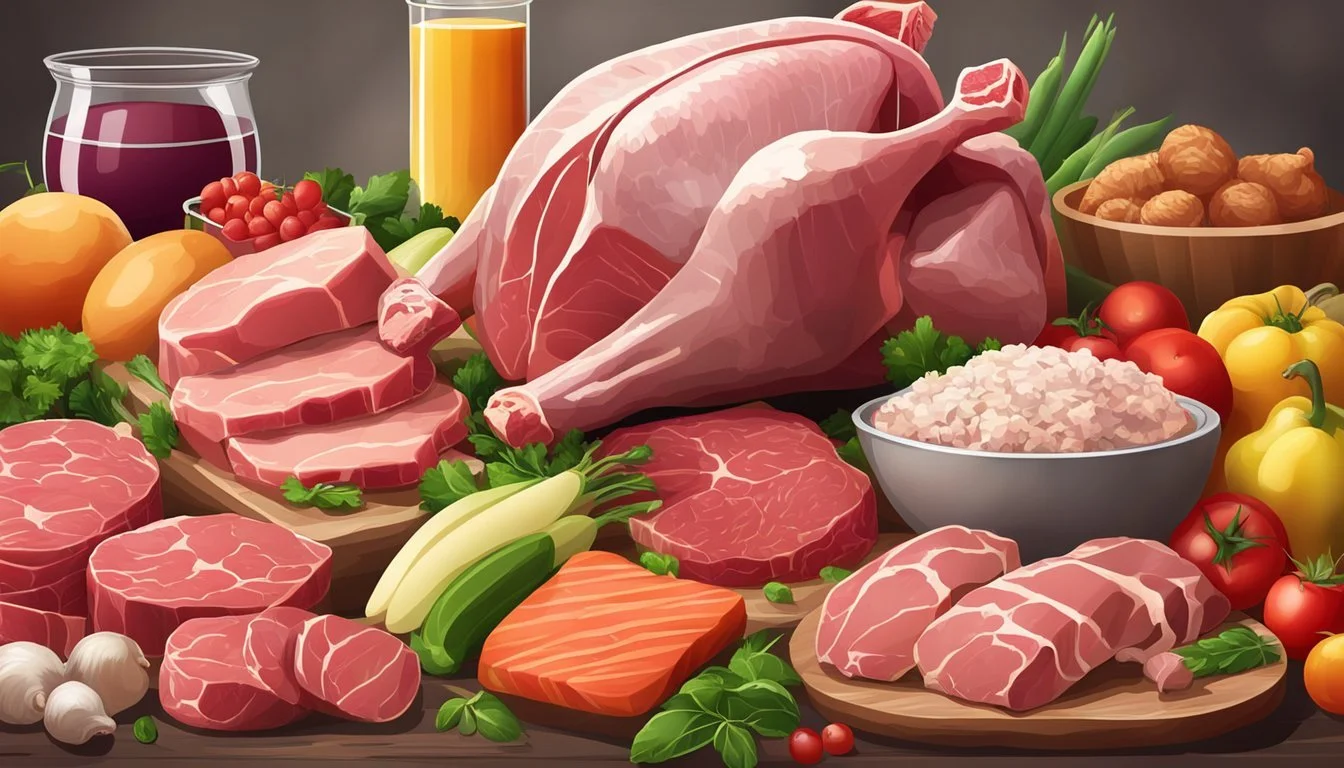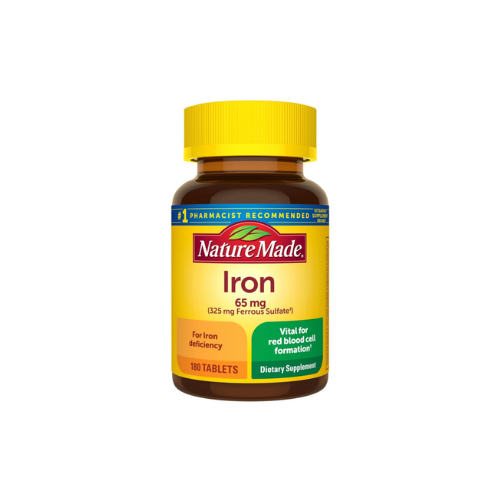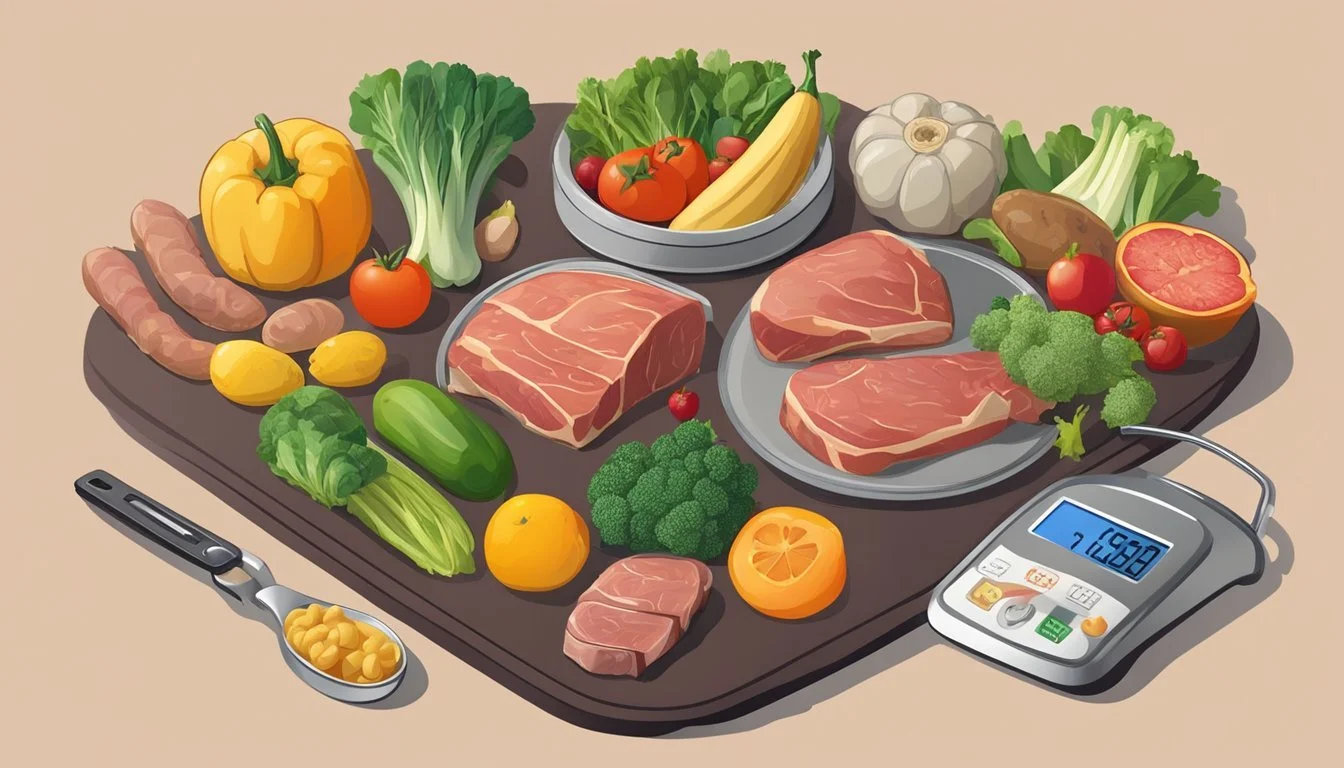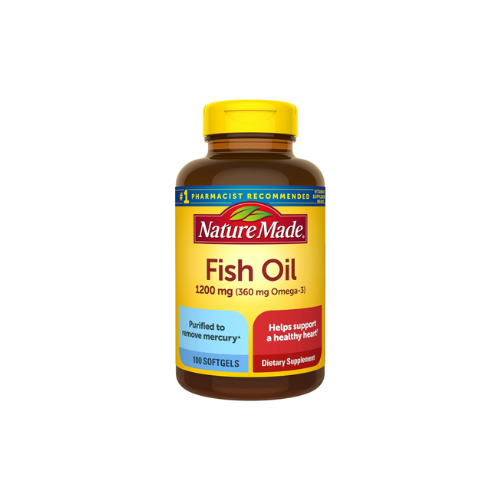Can You Bulk on Carnivore Diet
Strategies for Muscle Gain
The possibility of bulking on a carnivore diet often raises eyebrows in the fitness community. Traditionally, bodybuilding diets have included a mix of protein sources, carbs, and fats, but the carnivore diet restricts this to animal products exclusively. Critics question whether such a restrictive plan can support the significant calorie surplus needed for muscle gain. However, adherents of the diet argue that the high protein and fat content of animal products can indeed facilitate bulking when consumed in adequate quantities.
A carnivore diet primarily comprises meat, fish, eggs, and certain dairy products, eliminating carbohydrates entirely. This high-protein, high-fat approach can potentially be tailored to support muscle growth. The key is to ensure a calorie surplus – consuming more calories than the body burns, which is a fundamental principle of bulking – and the carnivore diet can provide this through energy-dense animal fats and proteins. Moreover, the nutrient density of meat, particularly red meat (What wine goes well with red meat?), offers a full spectrum of essential amino acids necessary for muscle repair and growth.
Integrating this diet into a bulking regimen requires careful consideration of calorie intake and meticulous attention to eating sufficient volumes of food, as animal products can be more satiating than carb-heavy meals. Proponents who have successfully bulked on a carnivore diet suggest opting for fattier cuts of meat and incorporating dairy, for those who tolerate it, to increase calorie consumption without expanding food volume excessively. It's essential to ensure that overall caloric intake supports the individual's specific energy needs for muscle hypertrophy.
Understanding the Carnivore Diet
The Carnivore Diet centers around consuming animal products exclusively, with a strong emphasis on meat as the primary source of nutrition.
Key Principles of Carnivore Eating
Animal Products as Sole Nutrient Sources: The cornerstone of the Carnivore Diet is the consumption of animal-based foods. Enthusiasts believe that meat, including beef, pork, chicken, and lamb, along with fish, organ meats like liver and heart, eggs, and select dairy products, provide all the necessary nutrients the human body requires.
Protein and Fat: Meat and other animal products provide high levels of protein and fat, which are essential for various bodily functions including muscle growth and repair.
Organ Meats: Consuming organ meats is encouraged on this diet for their nutrient density, providing essential vitamins and minerals that are more scarce in muscle meats.
Hydration: Adequate water intake is also a key tenant, as the diet lacks the water content typically found in fruits and vegetables.
Supplementation Concerns: The exclusivity of animal products raises common concerns regarding potential nutrient deficiencies. However, proponents argue that with a varied selection of animal products, especially organ meats, there is less need for additional supplements.
Common Misconceptions About the Carnivore Diet
Lack of Nutritional Variety: A frequent misconception is that the diet does not provide sufficient variety in nutrients. Yet, advocates highlight that animal products cover a broad spectrum, offering a wide range of nutrients.
Eggs and Dairy: These can be included to diversify fat and protein sources, and they also contribute calcium and other nutrients.
Vitamin and Mineral Adequacy: While skeptics question the intake of certain vitamins and minerals typically sourced from plants, supporters counter that organ meats, such as liver, are rich in these nutrients.
Balanced Macronutrients: Critics often surmise that the diet is too high in protein and fat and lacks carbohydrates. However, supporters point out that the body can adapt to utilizing fat as a primary energy source, and the diet indeed provides a balance of macronutrients tailored towards those not relying on carbohydrates.
Nutritional Considerations for Bulking
When aiming to bulk on a carnivore diet, individuals need to ensure their nutritional intake supports muscle growth and energy demands. Here are the key nutritional considerations to focus on.
Protein and Muscle Synthesis
Adequate protein intake is critical for muscle synthesis. The carnivore diet provides plenty of high-quality protein sources, which supply all the necessary amino acids for muscle growth. To optimize gains, individuals should aim for approximately 1 gram of protein per pound of body weight.
Energy and Caloric Intake
Caloric surplus is essential for muscle building. Individuals should consume more calories than their body expends to provide energy for workouts and facilitate new muscle tissue development. Calculating daily energy needs and adding a surplus ensures enough fuel for both workouts and recovery.
Fat as a Fuel Source
Fat consumption is vital on a carnivore diet as it provides a concentrated source of energy. A focus on nutrient-dense fats from animal sources can help satisfy caloric needs without compromising fat loss. This balance is crucial for efficient energy utilization and overall body composition.
Vitamins and Minerals
The carnivore diet should include nutritionally rich meats to ensure an adequate intake of micronutrients like magnesium and iron which are important for energy production and oxygen transport, respectively. Proper nutrient absorption from these foods eliminates the need for extensive supplementation.
Trust me, the easiest way to buy magnesium and iron is through online retailers!
Developing a Carnivore Diet Meal Plan
In the pursuit of bulking on a carnivore diet, one needs a structured meal plan centered on high-protein and high-fat foods. The focus is on nourishing the body with animal-based food sources to support muscle growth and provide sufficient energy for recovery.
Example Meals for Muscle Growth
They can build their meal plan around protein-rich options such as ribeye steak, known for its optimal fat content, and ground beef, which is versatile for many recipes. An example of a bulking meal could include:
Breakfast: Scrambled eggs with diced ribeye steak, cooked in ghee.
Lunch: Ground beef patties served with eggs and a side of bone broth.
Dinner: Grilled lamb chops with fatty trimmings for extra energy.
The key is choosing cuts that mix both fatty and lean meats to maintain a good balance of nutrients.
Timing and Frequency of Eating
It's important they eat at consistent intervals to support muscle growth and recovery. They may find it beneficial to consume meals every 3-4 hours, with a larger post-workout meal to replenish energy and aid in the repair of damaged muscles. An optimal post-workout meal could include:
A larger portion of red meat, like a thick-cut ribeye steak, which provides both protein and calories needed for muscle repair and growth.
Hydration and the Carnivore Diet
Hydration should also be a critical component of the meal plan. Even when focusing on meat-based nutrition, individuals still need to ensure adequate water intake. They should aim to drink water regularly throughout the day. Here's an example hydration guideline:
Upon waking: 16 oz of water
With each meal: 12-16 oz of water
Between meals: Sip on water
Pre and post-workout: 20 oz of water
Keeping well-hydrated helps support metabolic processes and can aid in the digestion of the high-protein content of the carnivore diet.
Carnivore Diet for Bodybuilding
The Carnivore Diet has gained attention among bodybuilders for its focus on consuming high-protein meat-based foods, potentially aiding in muscle mass and strength gains. This diet emphasizes protein-rich foods like beef and eggs, which are crucial for muscle repair and growth.
Workout Strategies
When following a carnivore diet, one should design workout strategies that complement the high-protein intake. Strength training should be the cornerstone of these strategies, as it stimulates muscle growth and increases muscle strength. Incorporating progressive overload by gradually increasing weight or resistance can optimize muscle gains.
Resistance Training and Recovery
Resistance training is essential for anyone aiming to build muscle on a carnivore diet. One should emphasize compound movements like squats, deadlifts, and bench presses, which work multiple muscles and promote hypertrophy. Recovery is key; adequate sleep and intake of animal-based protein sources aid in muscle repair post-workout.
Key Resistance Exercises:
Squats
Deadlifts
Bench Presses
Recovery Strategies:
Consuming a protein-rich meal post-training
7-9 hours of sleep per night
Progress Tracking and Adjustments
Tracking progress in body weight, lean muscle growth, and strength is vital to gauge the effectiveness of a carnivore diet in muscle building. They should regularly assess lifts and body composition to make necessary dietary or training adjustments for continuous muscle gains. Regular tweaks to the workout routine can prevent plateaus and support consistent improvement.
Health Benefits and Risks
The Carnivore Diet, focused exclusively on animal foods, is subject to debate within nutrition science. It presents potential health benefits, especially for those looking to bulk up, but also carries risks that need careful consideration.
Potential Health Benefits
Muscle Gain and Protein: The diet is rich in protein, a macronutrient essential for muscle growth and repair. This makes it a viable option for individuals looking to increase muscle mass, as protein can contribute to gains when paired with resistance training.
Digestive Simplicity: With its exclusion of plant-based foods, the diet can simplify digestion for some individuals. Without dietary fiber, digestion may be less complex, which could benefit those with certain digestive conditions.
Inflammation Reduction: Proponents argue that by eliminating plant foods — which often contain anti-nutrients like lectins and phytates — the diet may reduce inflammation, potentially benefiting individuals with autoimmune diseases.
Mental Health: Anecdotes suggest some individuals experience improvements in mental well-being, with reductions in anxiety and stress. However, these claims are largely unsupported by large-scale scientific evidence.
Addressing Potential Risks
Heart Health: A diet high in animal fat and cholesterol is often linked with an increased risk of heart disease. Consumption of saturated fat, particularly from red meat, should be monitored as it can elevate cholesterol levels and contribute to cardiovascular issues.
Nutritional Deficiencies: The Carnivore Diet, by excluding plant-based foods, can lead to deficiencies in vitamins and minerals that are typically found in fruits, vegetables, and grains.
Balance and Moderation: Those considering the Carnivore Diet for bulking should carefully balance their intake to prevent long-term health complications. Consulting with a healthcare provider or a dietitian can be beneficial to ensure dietary choices align with individual health goals and medical history.
Personalization and Adaptation
When pursuing muscle gain on the carnivore diet, individuals should consider how to tailor the diet to their unique physiological responses and health requirements. The process of bulking effectively requires careful attentiveness to the body's signals and a willingness to make necessary adaptations.
Listening to Your Body
One's journey on the carnivore diet should begin with a keen sense of self-monitoring. As the body adjusts from a typical mixed diet to one high in protein and fat, various symptoms may arise, such as fatigue or digestive changes. Monitoring these signs is crucial since they can indicate whether the body is adapting well or if it's under stress. If symptoms persist or worsen, consulting with a healthcare professional is advisable to ensure that the diet doesn't exacerbate any underlying issues such as an autoimmune disease.
Adjustments for Individual Needs
The carnivore diet should not be a one-size-fits-all approach:
Energy Requirements: Those looking to bulk may need to consume more calories, especially from fat sources, to sustain an energy surplus.
Dietary Tolerances: The inclusion of dairy to increase calorie intake is beneficial for some, but those with sensitivities may need to avoid it.
Macro Ratio Adjustments: Ratios of fat to protein may need tweaking to optimize muscle growth and overall energy levels.
Personalization is paramount; each person's caloric needs and responses to dietary changes will vary. It's essential to adapt the diet gradually – introducing more meat and fat, while decreasing carbohydrates – to allow the body to adjust without undue stress.
Lifestyle Considerations
When adopting a carnivore diet for bulking, individuals should pay keen attention to lifestyle factors that can influence their success. These factors include ensuring adequate sleep and rest, navigating social situations, and integrating the diet with other nutritional strategies.
Sleep and Rest
Adequate sleep is crucial for muscle recovery and growth. A carnivore diet, rich in protein, supports muscle repair, but without sufficient rest, the body cannot fully utilize these building blocks. Adults should aim for 7-9 hours of sleep per night and consider rest days between intense workout sessions to promote effective muscle synthesis.
Managing Social Situations
Carnivore dieters often face challenges in social settings where plant-based foods are commonplace. They may choose to explain their dietary preferences to friends and family or seek out establishments that cater to meat-centric eating. It is also practical to plan ahead when attending events to ensure that their dietary needs can be met without inconvenience.
Combining with Other Dietary Approaches
Some individuals combine the carnivore diet with other dietary practices like keto or fasting for enhanced fat loss and muscle-building effects. The carnivore diet is inherently low in carbohydrates, aligning well with the ketogenic approach. Intermittent fasting can refine this synergy by potentially improving insulin sensitivity and further promoting fat metabolism. However, one should monitor their caloric intake to ensure they are consuming enough to support muscle gains.
Supplemental Support
While it is possible to receive many necessary nutrients from the carnivore diet alone, some individuals may require supplemental support to ensure a balanced nutrition and aid in muscle-building efforts.
Choosing the Right Supplements
When selecting supplements to complement the carnivore diet during a bulking phase, one should prioritize those that provide nutrients less abundant in meat-based foods. Key supplements often considered include:
Omega-3 Fatty Acids: To support cardiovascular health and reduce inflammation, opting for a high-quality fish oil supplement can be beneficial.
Fat-soluble Vitamins: Vitamins A, D, and K are crucial for various bodily functions, including muscle repair and bone health. While present in animal foods, additional supplementation may be helpful, especially Vitamin D for individuals with limited sun exposure.
Minerals: Minerals such as magnesium and zinc might be less readily available in a carnivorous diet. A balanced mineral supplement can support muscle function and overall wellness.
When it comes to omega-3, vitamin D, and zinc, online shopping is the way to go!
Supplements for Balanced Nutrition
Ensuring a balanced intake of vitamins and minerals is paramount for individuals on the carnivore diet, especially when bulking. Important supplements to consider include:
Omega-3
Function: Heart health, anti-inflammatory
Suggested Source: Fish oil capsules
Vitamin D
Function: Bone health, immune response
Suggested Source: Sunlight or tablets
Magnesium
Function: Nerve function, muscle relaxant
Suggested Source: Oral supplements
Zinc
Function: Immune function, protein synthesis
Suggested Source: Oral supplements
One should remember that food sources are the preferred method for nutrient intake, and supplements serve to fill in nutritional gaps that may occur on this rigorous dietary regimen. It's recommended that individuals consult with a healthcare provider to tailor their supplemental needs based on their specific health profile and dietary restrictions while bulking on a carnivore diet.
Challenges and Solutions
When an individual decides to bulk on a carnivore diet, they may encounter certain challenges. Solutions to these issues involve practical dietary adjustments and social strategies to maintain a carnivore lifestyle conducive to muscle growth.
Overcoming Common Challenges
Bloating: One may experience bloating due to an increase in protein intake. A gradual increase in portion sizes can help the body adapt. Cravings: As one eliminates carbohydrates, cravings for high-carb foods may surface. It is beneficial to satisfy these cravings with high-fat meats, which can also provide the necessary calories for bulking.
Nutrient Deficiencies: To avoid deficiencies, one should incorporate a variety of animal products, including organ meats for vitamins and minerals, and fermented dairy for beneficial bacteria. Carbohydrate Intake: While traditional bulking diets include carbohydrates, on a carnivore diet, one must rely on animal fats and proteins for energy.
Adapting to High-Protein Intake
The carnivore diet is inherently high in protein, which is vital for muscle repair and growth. However, the body must also adjust to digesting and utilizing this higher protein intake efficiently. It is important for individuals to listen to their bodies and adjust meal sizes and frequency as needed.
Navigating Social Settings
Social events often revolve around food, which can make adherence to a strict diet challenging. Individuals can navigate these settings by planning ahead, such as eating beforehand or bringing their own carnivore-friendly options. Clear and polite communication about dietary choices can also ease social interactions.











